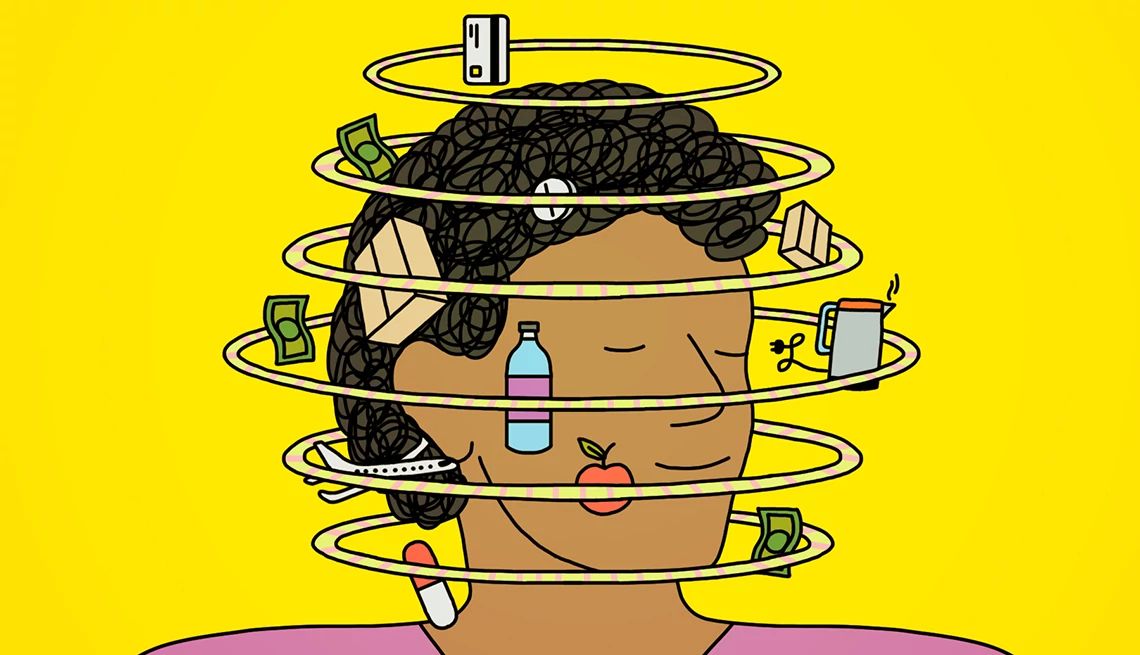AARP Hearing Center


When it comes to dietary supplements, what’s on the label isn’t always what’s inside the bottle. New research shows that’s the case with galantamine, a plant extract that’s marketed by some companies as a memory booster.
In the U.S., galantamine is also sold as a prescription medication for the treatment of Alzheimer’s disease symptoms. It’s not the only medication you can find as both a supplement and a prescription drug; others include potassium, niacin and vitamin D.


AARP Membership— $12 for your first year when you sign up for Automatic Renewal
Get instant access to members-only products and hundreds of discounts, a free second membership, and a subscription to AARP the Magazine. Find out how much you could save in a year with a membership. Learn more.
In a new study, published Feb. 23 in the journal JAMA, researchers investigated the label accuracy of prescription galantamine, sold as a generic, and galantamine sold as a supplement. When examining 10 different brands of galantamine supplements — labeled as containing 4, 6, 8 or 12 mg of galantamine per serving — the researchers found that the actual quantity of galantamine ranged from less than 2 percent to 110 percent of the labeled quantity.
The quantity of galantamine in the prescription bottles, labeled as containing 4, 8 or 12 mg of galantamine per pill, was much closer to what was printed on the bottle, ranging from 97.5 percent to 104.2 percent of the labeled content.
The findings have a few implications, especially for older adults, says internist Pieter Cohen, M.D., the lead author on the study and an associate professor of medicine at Harvard Medical School.
“If anyone [diagnosed with Alzheimer’s disease] thinks it’s going to be a bargain to buy their galantamine over the counter rather than getting a prescription version, it’s not going to work out well at all, because they’re not going to get an accurate amount of galantamine,” he says. “If your doctor prescribes galantamine, make sure you’re getting a prescription version of it.”


































































More From AARP
Brain Health Resource Center
Tips, tools and explainers on brain health from AARPCaution! These Drugs Can Cause Memory Loss
If you’re experiencing forgetfulness, brain fog or confusion, check your medicine cabinet
Take the Cognitive Assessment
Find out how you perform today in five key areas, including memory and attention
Recommended for You